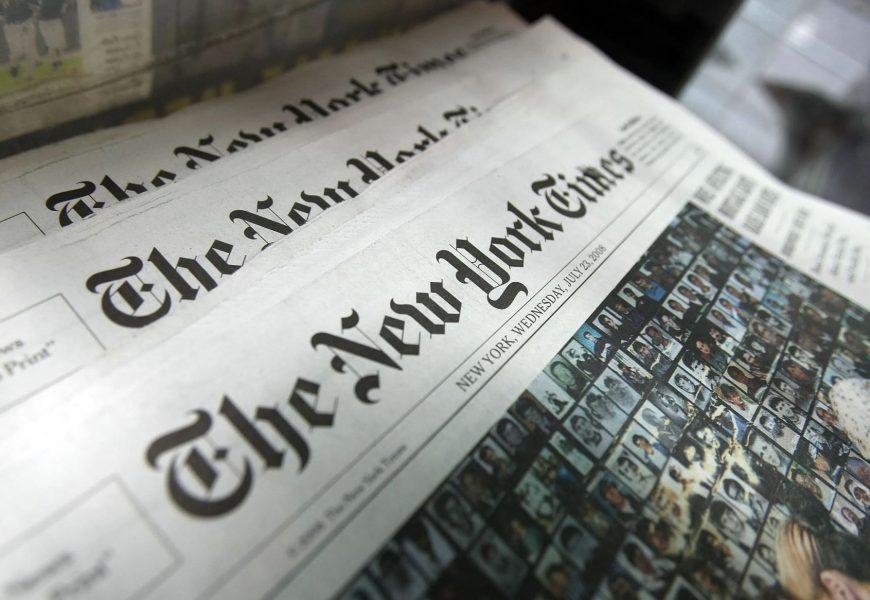June 24 – The Guardian says an Iran ceasefire is welcome, but the danger isn’t over
Donald Trump declared a ceasefire that would last “for ever”. Or perhaps not. Within hours, he had attacked both Israel and Iran for breaking the deal he took credit for, though there seemed to be a precarious peace. But the volatility of events owes much to the unpredictability of Mr Trump’s own rhetoric and actions. The Middle East crisis will continue to overshadow the Nato summit in The Hague, intended to shore up support for Ukraine.
It is just over two weeks since Mr Trump told Israel’s prime minister not to bomb Iran’s nuclear facilities, hoping for a deal with Tehran. Benjamin Netanyahu ignored him – and within hours, as Fox News celebrated the Israeli offensive, the president sought to associate himself with it. He demanded Iran’s unconditional surrender and threatened its supreme leader, Ayatollah Ali Khamenei; then, last Thursday, said he would take two weeks to decide whether to strike.
That appears to have been deliberate misdirection: the US military bombed nuclear facilities only days later. But even among administration officials, allies and Pentagon staff, there was reportedly confusion over what he envisaged. Senior administration figures suggested that the US was solely targeting the nuclear programme, hours before Mr Trump again mooted regime change. Then, on Monday, he announced a “complete and total ceasefire”. That its terms remain mysterious does not inspire confidence in its durability. Within hours, a visibly angry president was lashing out at both Israel and Iran for breaking the truce, telling reporters: “They don’t know what the fuck they are doing.”
Pot, meet kettle. Mr Trump is a creature of impulse, eager for quick results and lavish praise, reacting to the latest talking head and the last person to speak to him – among them, on Tuesday, Vladimir Putin, though the US president said he had declined Moscow’s help with Iran. He also posted that it was his “great honour” to make it possible for China to still buy oil from Iran. His focus on Moscow and Beijing is one constant in what one might generously describe as his foreign policy. But even the knowns – support for Israel, a desire to keep inflation down and avoid foreign quagmires, the longing for a Nobel peace prize – are buffeted by events and the president’s magnetic attraction to whatever looks like it might bring glory.






